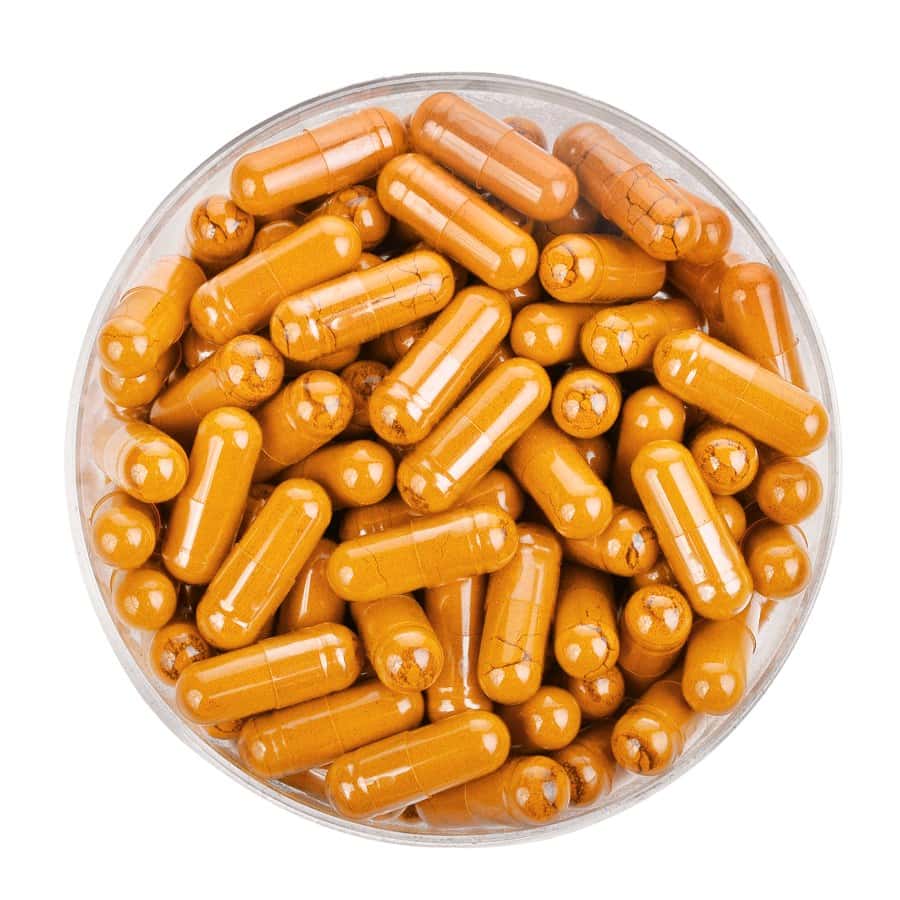
Who would guess that the yellow spice in curry would become controversial? For centuries, people have been using turmeric to add color and flavor to their food, and in traditional Ayurvedic medicine, it has also been part of the pharmacopeia. Americans have also embraced it, and many people take capsules containing turmeric or its principal ingredient curcumin as part of their strategy for helping joint pain. Recently, however, medicinal chemists wrote that curcumin is not promising as a drug and people shouldn’t waste their time and money taking curcumin pills. Not all readers agree. We heard from some of them, including this person.
The Value of Curcumin Pills:
Q. I started using curcumin (as Curamed) in January 2017. I had severe knee pain and swelling from arthritis. My knee popped and crackled, and I limped.
I had read on the Arthritis Foundation website that this product works better than prescription drugs, so I tried it. The swelling went down the very first day. By day two, the pain was gone. I kept up a daily pill for two months.
Then I went on a long trip, driving 11 hours a day, and forgot my pills. By the end of three days, the swelling and pain had returned. When I got home I resumed the daily dose. In two days I was better.
In January of this year (2018), I dropped to a pill every other day. Now I take two curcumin pills a week and I am pain free. I have told several people at the gym where I work out and they have similar results. Curcumin in Curamed works, period.
The Controversy Over Curcumin Pills:
A. There is a lot of controversy about the effectiveness of curcumin, one of the active ingredients in the spice turmeric. Medicinal chemists have questioned its effectiveness (Nelson et al, Journal of Medicinal Chemistry, Jan. 11, 2017).
Nonetheless, researchers have published studies on benefits as wide-ranging as cognitive function, depression and anxiety and diabetes prevention. There have also been studies exploring its potential against cancers, particularly cancers of the digestive tract.
In addition, there is quite a lot of research demonstrating its anti-inflammatory activity (Deguchi, Endocrine, Metabolic & Immune Disorders Drug Targets, 2015; Sundar Dhilip Kumar et al, Molecules, April 5, 2018). Many readers have found, as you do, that taking high-quality curcumin pills eases joint pain. We suggest using a supplement containing BCM-95, a form of curcumin that is standardized for better absorption. Check the label to see if that is what your supplement contains.
Side Effects of Curcumin:
There are relatively few side effects, though some people report digestive upset or allergic skin reactions. Anyone taking an anticoagulant should avoid curcumin as it may increase the risk of bleeding.

